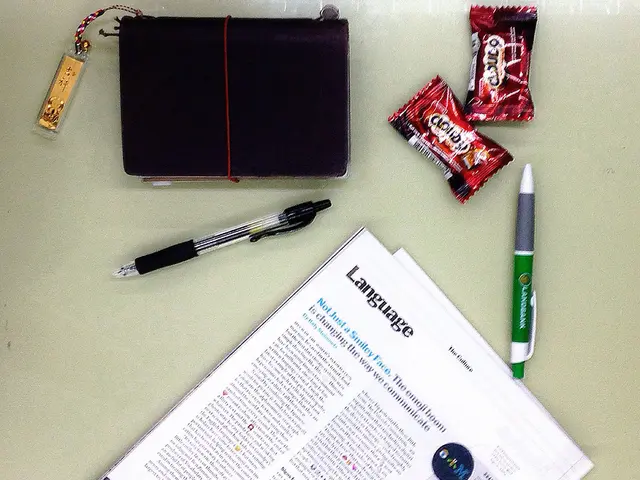Code of Conduct and Guidelines for User Comments
In today's digital age, online discussions play a significant role in shaping opinions and fostering dialogue. However, maintaining a respectful and constructive commenting environment is crucial for ensuring that everyone feels heard and valued. Here are some key guidelines to help create a positive discussion environment.
**1. Establish Clear Guidelines**
A clear comment policy is essential for setting expectations. This policy should address hate speech, personal attacks, spam, and off-topic remarks. By making these guidelines publicly available, users will understand what is and isn't acceptable. Consistency in moderation is also key, as it builds trust and transparency.
**2. Focus on Respect and Constructive Feedback**
When engaging in discussions, it's important to be specific and clear, addressing behaviours or ideas, not individuals. Using clear language helps ensure that your message is understood. Speaking with care and empathy is also vital, as it demonstrates respect for the other person's perspective.
Constructive feedback should be framed as a conversation, not a command, encouraging the recipient to share their own thoughts and reflections. Avoiding pedantry and overload is also crucial, as focusing on the main points helps keep discussions on track.
**3. Encourage Positive and Supportive Communication**
Acknowledging and responding thoughtfully to comments is essential. This demonstrates that you value the input of others. If a discussion becomes heated or involves a complaint, it may be beneficial to shift to a private message to address the issue more effectively.
When conversations turn negative, it's important to gently steer them toward constructive topics or suggest a break or change of subject.
**4. Practical Summary**
Here's a summary of what to do and what to avoid:
| Guideline | What to Do | What to Avoid | |-----------------------------------|--------------------------------------------------------|------------------------------| | Clarity and specificity | Focus on behaviours, not people; be clear | Vague or personal criticism | | Respect and empathy | Show care; speak kindly | Disrespect, sarcasm | | Constructive feedback | Offer actionable suggestions | Overwhelming, irrelevant tips| | Invite dialogue | Ask for input; encourage conversation | Commanding, dismissive tone | | Maintain positive environment | Acknowledge, redirect negatives, praise positives | Ignoring, allowing hostility |
**Quick Tips**
- Pause before reacting to give yourself time to respond thoughtfully rather than emotionally. - Encourage empathy by asking yourself how you would feel receiving the same comment. - Model good behaviour and address minor issues before they escalate.
By following these guidelines, you can help build a strong, respectful community and encourage meaningful, constructive discussions.
Additional tips to remember: - Users should not publish personal data of others without consent. - Respect for others' opinions is essential in a good comment. - Our Community has Terms of Use and a Privacy Notice. - Criticize opinions, not people, in comments. - Advertising or other commercial content has no place in article discussions. - Links that advertise or violate comment rules may be removed by our website. - Irony or sarcasm in written comments isn't always clear and can easily be misunderstood. - A good comment involves considering that there's always a human on the other end. - Paying attention to spelling and using paragraphs for longer posts can help others understand comments faster. - Our website reserves the right to check comments. - Insults, slurs, personal disputes, defamation, business- or reputation-damaging content, unfounded accusations or suspicions, racist, offensive, discriminatory, pornographic, violence-inciting, or otherwise deliberately disruptive content are not allowed in article discussions. - Personal and personal data of other users or third parties may not be published without their consent. - Tone matters in comments, they should be factual, polite, and neither offensive nor hurtful. - Clearly mark quotes and provide the source in comments. - Users can report comments or ask questions to feedback@ourwebsite.
- To cultivate a positive and supportive online community, it's important to utilize platforms such as lifestyle, home-and-garden, social media, and entertainment as avenues to share engaging content while maintaining a respectful and constructive commenting environment.
- In the realm of home-and-garden, entertainment, or social media, it's essential to remember key guidelines like focusing on behaviors or ideas, using clear language, showing care and empathy, and providing constructive feedback, thus fostering meaningful discussion and mutual understanding.




